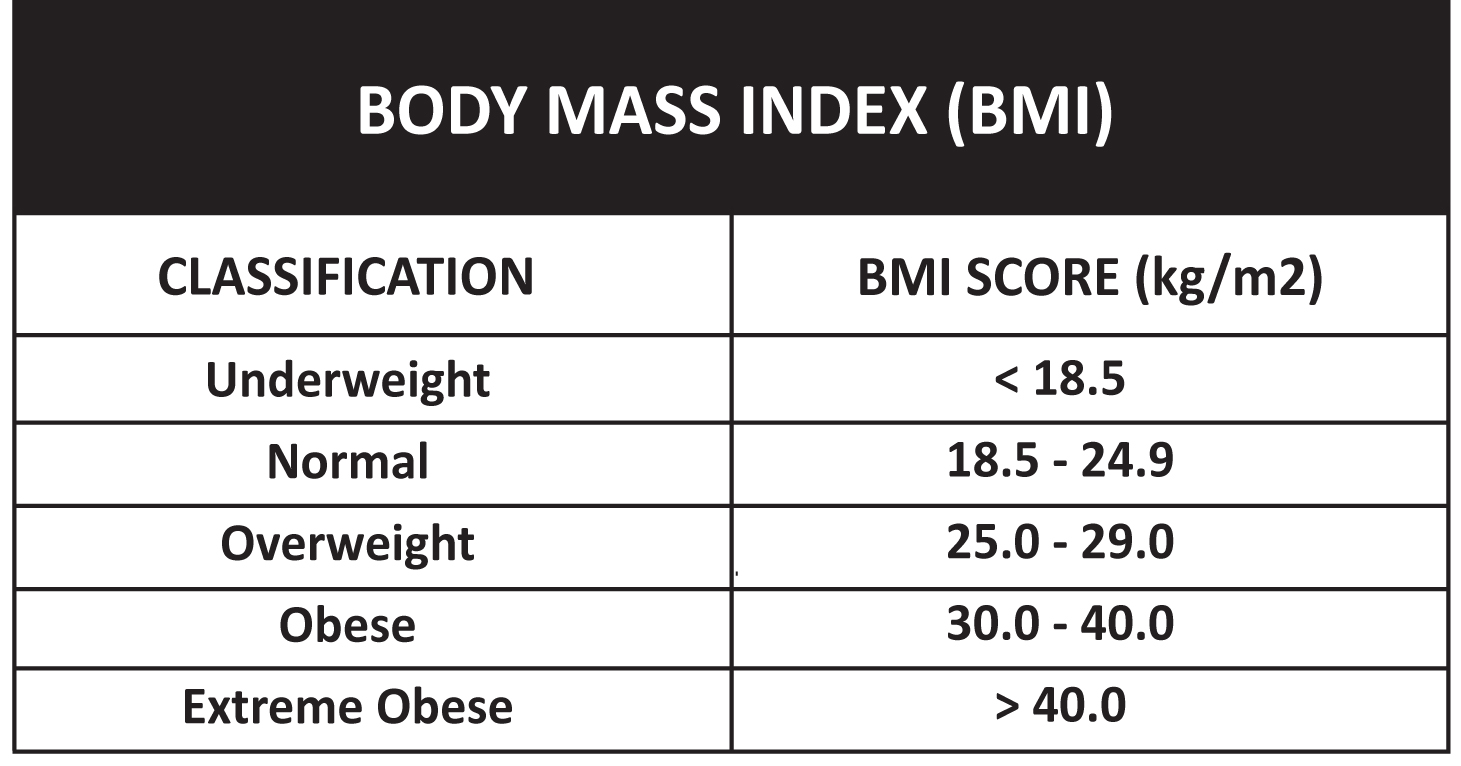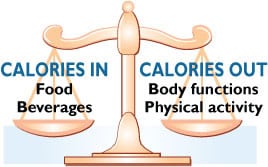What is Obesity?
| Visual Image of the BMI chart. |
 |
| Healthy v. Unhealthy body shape. |
 |
| Obesity causes the scale to move up. |
http://www.ethicon.com/healthcare-professionals/specialties/obesity
/obesity-overview
/obesity-overview
http://healthrow.net/anti-obesity-diet/
Obesity can be defined as a person having too much body fat. Some may confuse this with being overweight. Overweight is defined as weighing too much relative to your height. However, a person can be classified as overweight due to an excess in muscle or water. It is not restricted to fat, as obesity is.
Obesity can be determined through Body Mass Index (BMI). To calculate your BMI follow these steps:
- Multiply your weight in pounds by 703.
- Wt (lb.) X 703 = ANSWER 1
- Divide that answer by your height in inches.
- ANSWER 1 ÷ Ht (in.) = ANSWER 2
- Divide that answer by your height in inches again
- ANSWER 2 ÷ Ht (in.) = FINAL ANSWER (BMI)
Once you calculate your Body Mass Index, you can determine your weight status by using the following chart.
 |
| BMI classifications. |
http://www.fametricsfitness.com/testimonies/calculations/
You may also use the following chart as an easier way to calculate your Body Mass Index.
https://www.nhlbi.nih.gov/health/resources/heart/latino-weight-html/need
Although Body Mass Index is an excellent tool for determining weight status, it as not as accurate as body composition testing. BMI only takes into account a persons height and weight. It does not take into account their lean muscle mass or water weight. Therefore, a person with excessive muscle mass that is very fit, could be considered overweight or obese according to Body Mass Index charts.
 |
| BMI may not be the most accurate testing. http://stronglifts.com/weight-loss-vs-fat-loss-are-you-sure-you%E2%80%99re-losing-fat/ |
Obesity can be caused by the excessive intake of calories. The human body will store unused calories into fat. Unused calories can be accumulated by eating too much food, drinking too much alcohol/caloric beverages, and not exercising enough.
 |
| Caloric intake must be monitored. |
http://www.cdc.gov/healthyweight/calories/
References
Obesity: MedlinePlus Medical Encyclopedia. (n.d.). Retrieved February 15, 2016, from https://www.nlm.nih.gov/medlineplus/ency/article/007297.htm

No comments:
Post a Comment